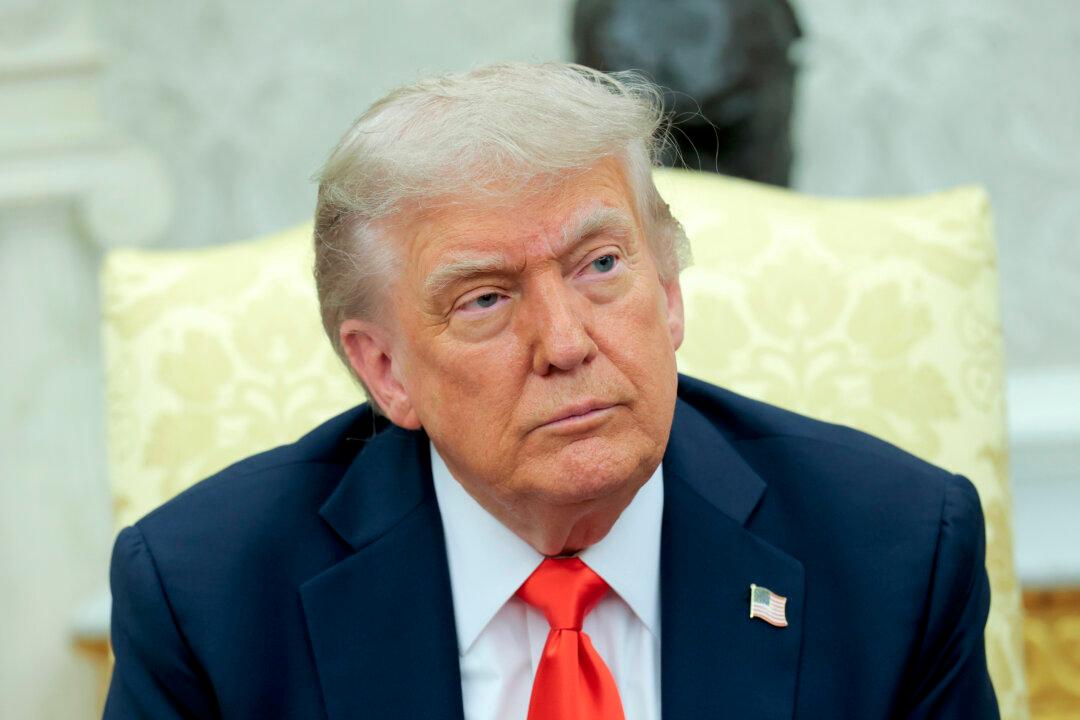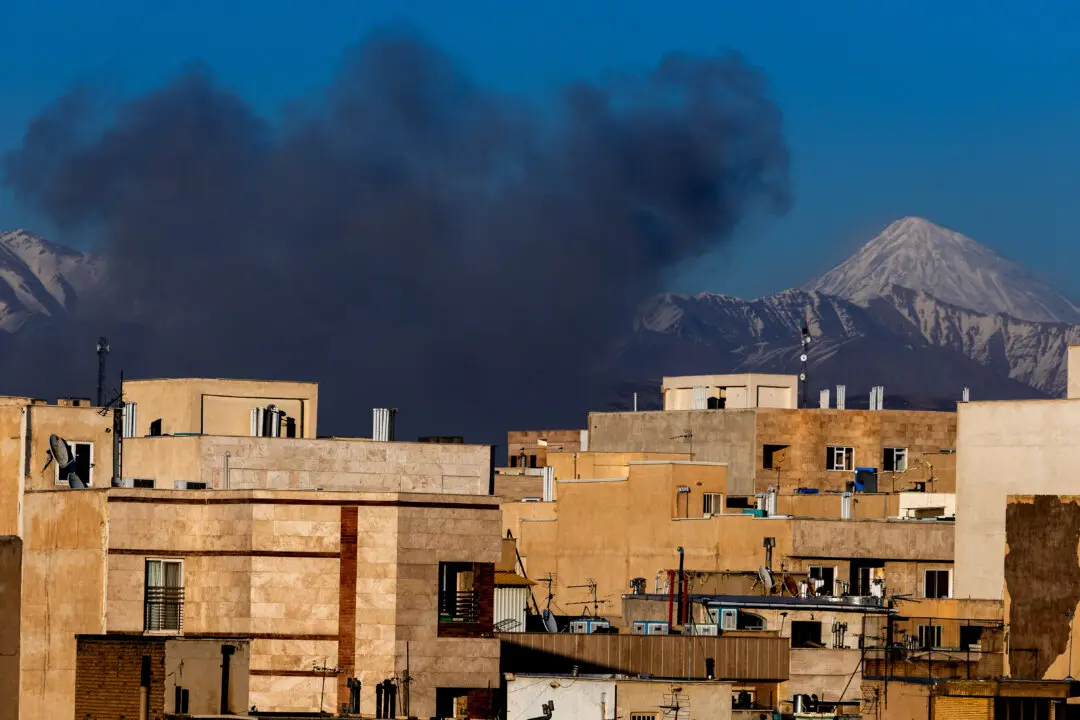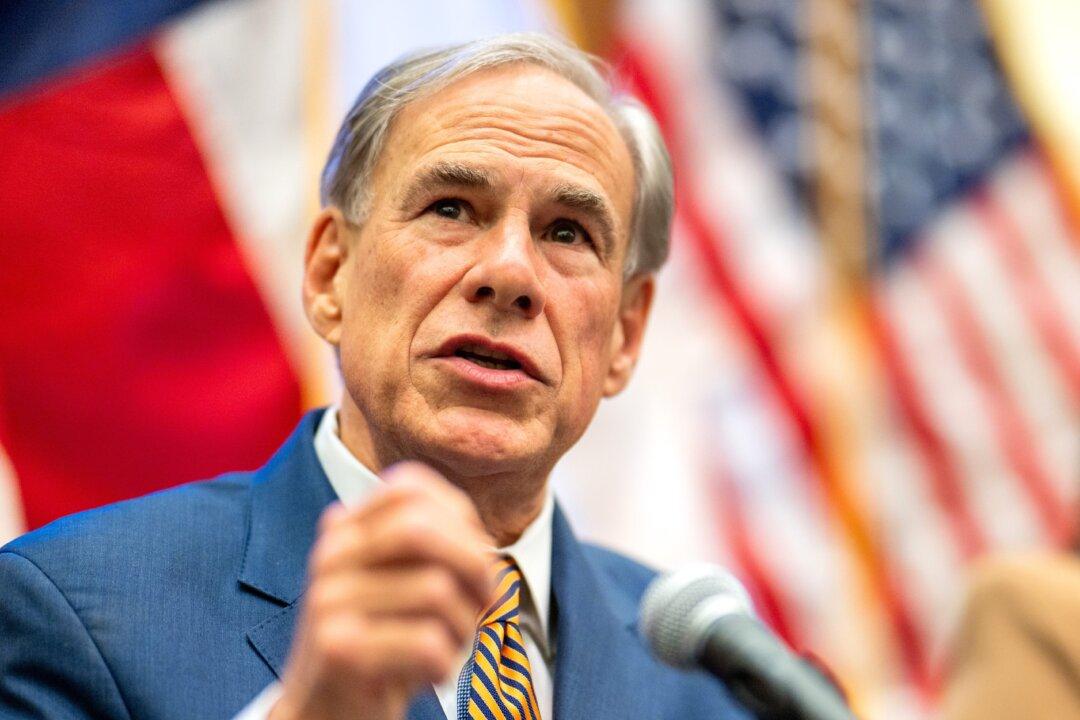More than 2,200 flights have been canceled on Jan. 2, the day after New Year’s, amid staffing shortages and poor weather conditions in some parts of the United States.
Some 2,233 flights within, into, or out of the United States were canceled on the morning of Jan. 2, according to tracking website FlightAware. About 3,000 delays have been reported, the website’s data show.





